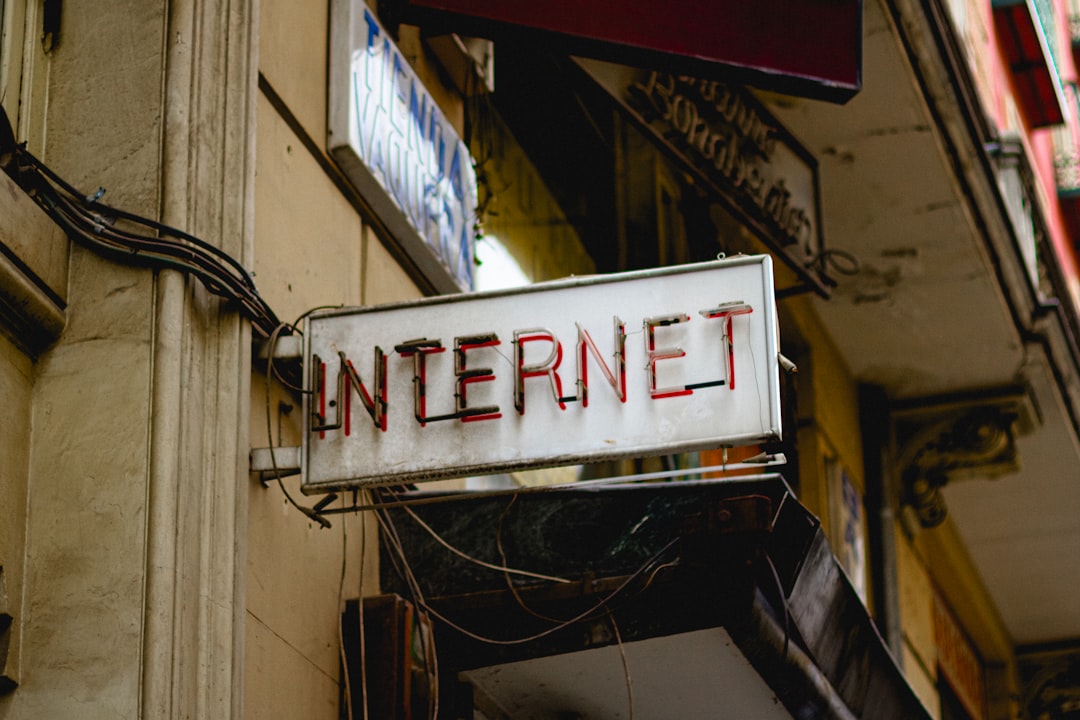“`html
Global Internet Accessibility Nears Universal Access: What It Means
The internet, once a luxury, is rapidly becoming a fundamental utility. Recent data indicates that global internet accessibility has soared, reaching approximately 90% of the world’s population. While pinpoint accuracy is elusive given varying methodologies and real-time fluctuations, the overall trend is undeniable: a vast majority of people are now online. This shift is monumental, impacting everything from global economics and education to political discourse and personal relationships.
Why This Milestone Matters
Reaching 90% internet accessibility isn’t just a number; it signifies a profound change in the global landscape. It means billions more people have the potential to access information, participate in the digital economy, and connect with the world beyond their immediate surroundings. This increased connectivity directly addresses key societal challenges and fosters new opportunities.
- Bridging the Digital Divide: Reduced access disparity between developed and developing nations.
- Empowering Emerging Markets: Provides access to global markets, fostering economic growth.
- Enhancing Education: Opens doors to online learning resources and educational platforms.
- Promoting Civic Engagement: Enables citizens to participate more effectively in political processes.
- Improving Healthcare: Facilitates telemedicine and access to vital health information.
The Impact on the Economy
The economic impact of increased internet accessibility is far-reaching. Businesses, both large and small, can tap into new markets and expand their customer base. E-commerce platforms flourish, creating opportunities for entrepreneurs in even the most remote regions. The gig economy, fueled by internet connectivity, provides flexible work options for individuals around the world.
Furthermore, a digitally connected workforce is a more skilled workforce. Online learning platforms offer opportunities for individuals to acquire new skills and improve their job prospects. This, in turn, boosts productivity and innovation, driving economic growth at a national and global level. Consider the impact on agriculture. Farmers in developing nations can now access real-time market data, weather forecasts, and best practices through their mobile phones, optimizing their yields and increasing their income. The opportunities for improved agricultural techniques in areas facing food security issues are astounding. Organizations like the World Bank are heavily invested in understanding and promoting this shift, recognizing the critical role of internet access in sustainable development. You can read more about their efforts on their official website: World Bank.
The Impact on Education and Information Access
The internet is a vast repository of knowledge, and increased accessibility empowers individuals to learn and grow. Online courses, educational videos, and digital libraries are now within reach of a much larger audience. This democratizes education, making it more accessible to people of all backgrounds and socioeconomic statuses.
Beyond formal education, the internet provides access to information on a wide range of topics, from health and wellness to current events and cultural understanding. This empowers individuals to make informed decisions about their lives and participate more effectively in society. However, with the proliferation of information comes the challenge of discerning credible sources from misinformation. Digital literacy programs are crucial to equip individuals with the skills to navigate the online world safely and effectively. Initiatives from organizations like UNESCO are focused on promoting media and information literacy globally. You can explore their resources here: UNESCO.
The Dark Side: Challenges and Concerns
While increased internet accessibility offers numerous benefits, it also presents new challenges and concerns. The spread of misinformation, the rise of cybercrime, and the potential for online harassment are all serious issues that need to be addressed. Protecting user privacy and ensuring data security are paramount. Governments and technology companies have a responsibility to create a safer and more secure online environment.
Another significant concern is the widening gap between those who have the skills and resources to effectively utilize the internet and those who do not. Simply providing access to the internet is not enough. Individuals need to be equipped with the digital literacy skills and the necessary technology to participate fully in the digital economy. This requires investment in training programs and affordable devices.
Future Outlook: What Lies Ahead?
The trend towards universal internet accessibility is likely to continue in the coming years. As technology evolves and becomes more affordable, internet access will become even more widespread. The development of 5G and satellite-based internet services will play a crucial role in connecting remote and underserved areas. Starlink, for instance, is deploying satellites to provide internet access to even the most remote corners of the globe.
However, achieving true universal access will require a concerted effort from governments, technology companies, and civil society organizations. Addressing the challenges of affordability, digital literacy, and online safety will be critical to ensuring that everyone can benefit from the transformative power of the internet. The next decade will be crucial in shaping the future of the internet and its impact on society.
Key Factors Driving Future Growth:
- Decreasing Costs of Technology: Smartphones and data plans becoming more affordable.
- Expansion of 5G Networks: Providing faster and more reliable internet access.
- Satellite Internet Initiatives: Connecting remote areas via satellite technology.
- Government Investments in Infrastructure: Supporting the development of internet infrastructure in underserved regions.
- Increased Digital Literacy Programs: Equipping individuals with the skills to navigate the online world.
The journey towards universal internet access is ongoing, but the progress made so far is remarkable. As the world becomes increasingly interconnected, the potential for positive change is immense. The key is to harness the power of the internet responsibly and equitably, ensuring that it benefits all of humanity.
For further information on the impact of internet access on society, resources from the United Nations can offer valuable insights. More on their work regarding technology for development can be found on their official website: United Nations.
“`

